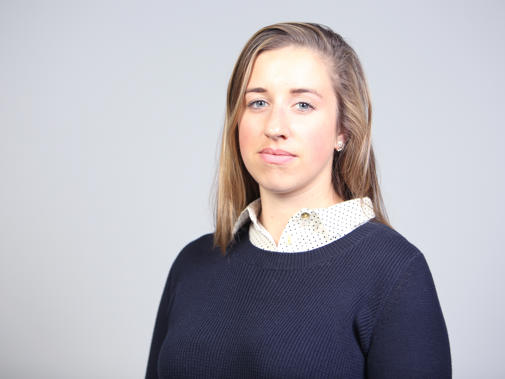We have all had an incredibly intense year. There are very few junior doctors across the entire UK that have not been affected directly by the COVID-19 pandemic, by redeploying, working longer and more anti-social hours, and putting the training on hold.
And this is only their working lives – childcare and other responsibilities must continue, and indeed may have become more intense and stressful, over this period as well. We have had bereavements and chances to grieve have been put on hold or fundamentally changed.
We've been thinking carefully about how we can give back to junior doctors who have given so much, and through the changes to Health Education England’s OOPP (Out of Programme Pause) work, we can do just that.
OOPP was created as a way to allow trainees to take time out of training while still working clinically. It would be possible to work just one full day a week, and competencies and skills acquired during OOPP could be counted towards your training programme when you come back. It was just finishing its first pilot and the doctors who did it were coming back to work.
Then COVID-19 struck – the already intense strains of working as junior doctors became even higher. As a group of doctors, we adapted to this new reality and put our personal lives and training on hold to protect the NHS. I was working in a COVID-19 unit from the early days of the outbreak and know first-hand all of the strains that the pandemic brought.
The peak passed, and we breathed a sigh of relief. But the burnout and pressure on training that was left as a result of this peak remained – the BMA junior doctors committee knew there was a need to give junior doctors across England a new opportunity to take a break from formal training and work more flexibly for a period.
That is where we worked with HEE (Health Education England) to devise how OOPP could be used as an opportunity to give this opportunity for a reprieve for junior doctors – and we are delighted they have agreed for this to be opened to the vast majority of junior doctors in England for anywhere between six to 12 months.
Applications will soon open for all doctors that are two years’ post-full registration through HEE local offices, as long as they have had an outcome 1, 10.1 or 10.2 at their most recent annual review of competency progression.
It also doesn’t matter which specialty you’re in. Don’t forget to mention this to your educational supervisor and training programme director as soon as you have decided that you want to apply for OOPP.
The application window will open soon, so make sure you’re ready to apply. This opportunity might not come around again for a while for all specialties, so it’s crucial that you’re ready for when the opportunity arrives if you meet the criteria.
We know more can be done – the JDC’s work to making sure that the less-than full-time category 3 pilot is rolled out to all trainees in England, and later across the UK, will continue. This is all part of our desire to improve flexibility for junior doctors, and that work won’t stop for COVID-19, regardless of this peak or the next.
Lucie Cocker is BMA junior doctors committee deputy chair (education and training)

